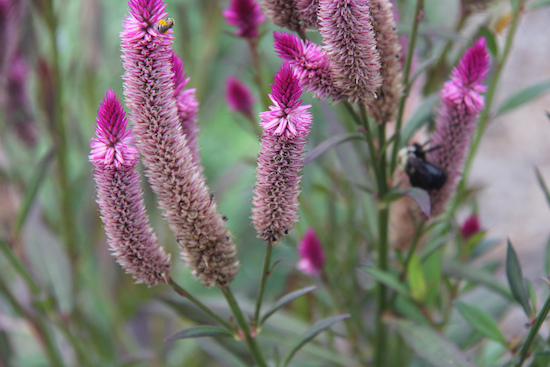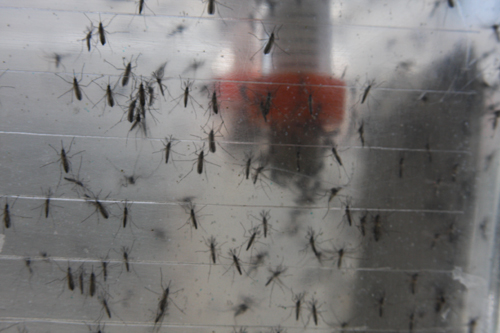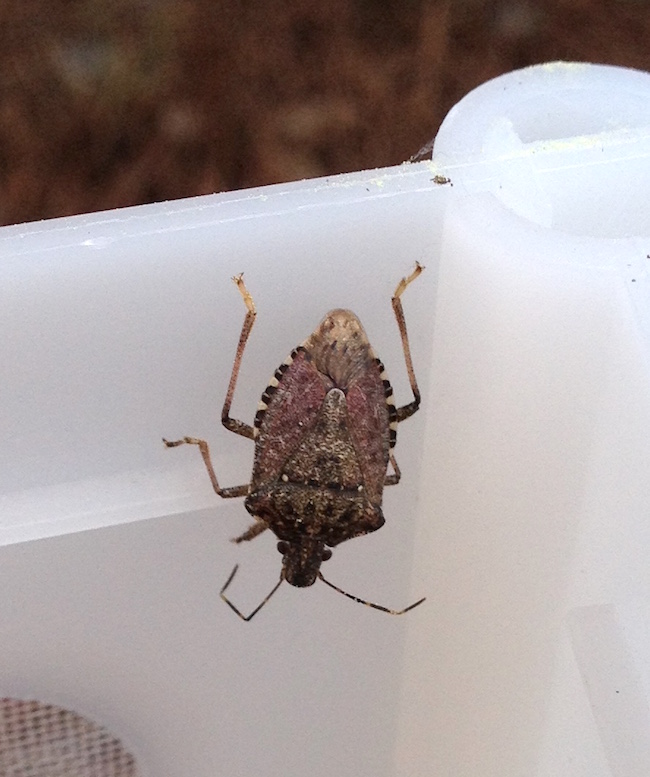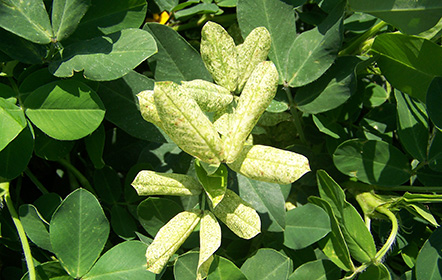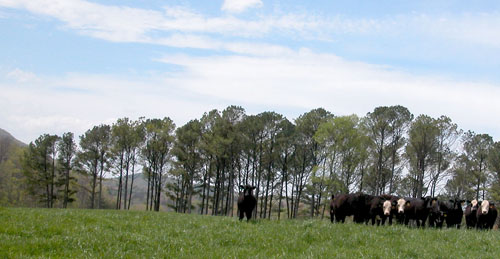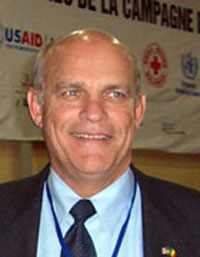.jpg) CAES News
CAES News
Peanut Grower Survey
Farmers who complete the survey will help University of Georgia peanut specialists understand what research and Extension work needs to be done and help them map patterns in pest activity across the state. The survey can be accessed online through a link on the Georgia Peanut Commission’s website at www.gapeanuts.com.

